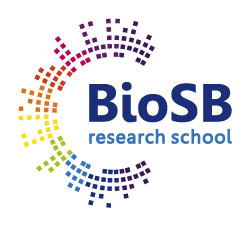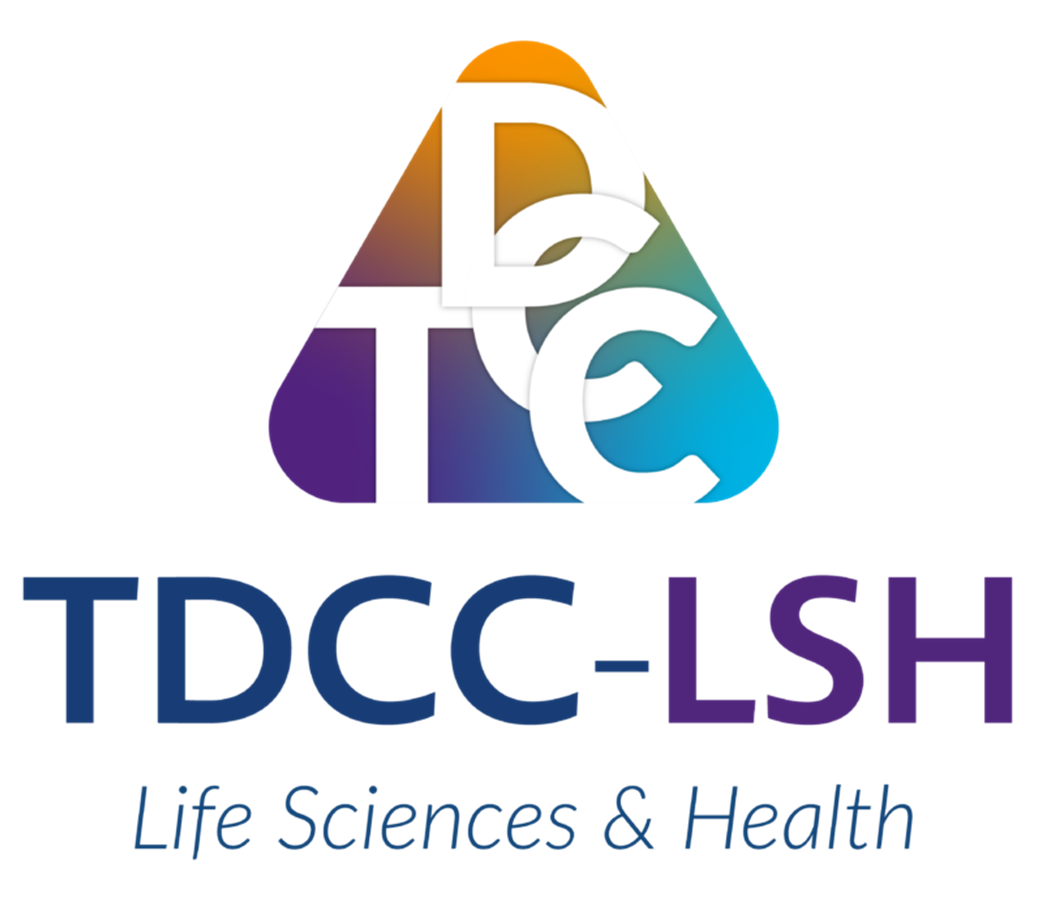BioSB Young Investigator Award 2025
And the winner is... Lieke Michielsen!
BioSB yearly presents an award at the BioSB conference for a young researcher who has significantly contributed to the bioinformatics or the systems biology research community in the Netherlands during his / her PhD. Find more information on this award here.
This year the Young Investigator Award committee 2025 chose Lieke Michielsen as the winner of the BioSB Young Investigator Award 2025.
Lieke Michielsen
Dr. Lieke Michielsen currently works as a postdoctoral researcher at the Tilgner Lab and Hajirasouliha Lab at Weill Cornell Medicine, New York.
Title Award Lecture:
Learning cell identities and (post-)transcriptional regulation using single-cell data
Biography
Lieke Michielsen is a computational biologist with a keen interest in applying machine learning and single-cell technologies to brain research. She holds a joint BSc degree in Nanobiology from TU Delft and Erasmus University. After discovering her passion for bioinformatics during an undergraduate course, she pursued an MSc in Computer Science at TU Delft, specializing in bioinformatics.
In 2020, Lieke began her PhD at the Leiden University Medical Center (LUMC) and TU Delft, under the supervision of Ahmed Mahfouz, Marcel Reinders, and Boudewijn Lelieveldt, as part of the Brainscapes consortium. Her research focused on identifying and characterizing cell types in the brain. In 2022, she visited the lab of Hagen Tilgner at Weill Cornell Medicine in New York, and following the defense of her thesis in 2024, she returned to New York to join the labs of Hagen Tilgner and Iman Hajirasouliha as a postdoctoral researcher.
Abstract
Tissues in the human body, and especially the brain, are heterogeneous and consist of many different cell types. Cell types can be defined by the genes expressed in a cell, and these expressions are controlled by unique cell-type-specific (post-)transcriptional mechanisms. Understanding how diseases disrupt these cell-type-specific mechanisms is essential, particularly when most disease-associated genetic variants lie in non-coding regions of the genome. Single-cell RNA sequencing (scRNA-seq) has revolutionized our ability to study these mechanisms by revealing gene expression at a cellular resolution. However, this technology also brings new computational challenges, especially in consistently identifying and comparing cell types across studies.
In this talk, I will present computational methods developed to address these challenges and enhance the analysis of scRNA-seq data. I will show how we improved cell-type classification methods, enabling the construction of continuously updatable reference atlases for automated annotation of new datasets. Building on this, I will discuss using sequence-to-expression models trained on single-cell data to predict the effects of non-coding variants on gene expression and splicing in a cell-type-specific manner.
~ We thank all group leaders and nominees for their efforts. ~
BioSB 2025
 Registration website for BioSB 2025
Registration website for BioSB 2025BioSB 2025petra.aarnoutse@health-ri.nl
BioSB 2025petra.aarnoutse@health-ri.nlhttps://www.aanmelder.nl/biosb2025
2025-05-19
2025-05-21
OfflineEventAttendanceMode
EventScheduled
BioSB 2025BioSB 20250.00EUROnlineOnly2019-01-01T00:00:00Z
Hotel ZuiderduinHotel ZuiderduinZeeweg 52 1931 VL Egmond aan Zee Netherlands

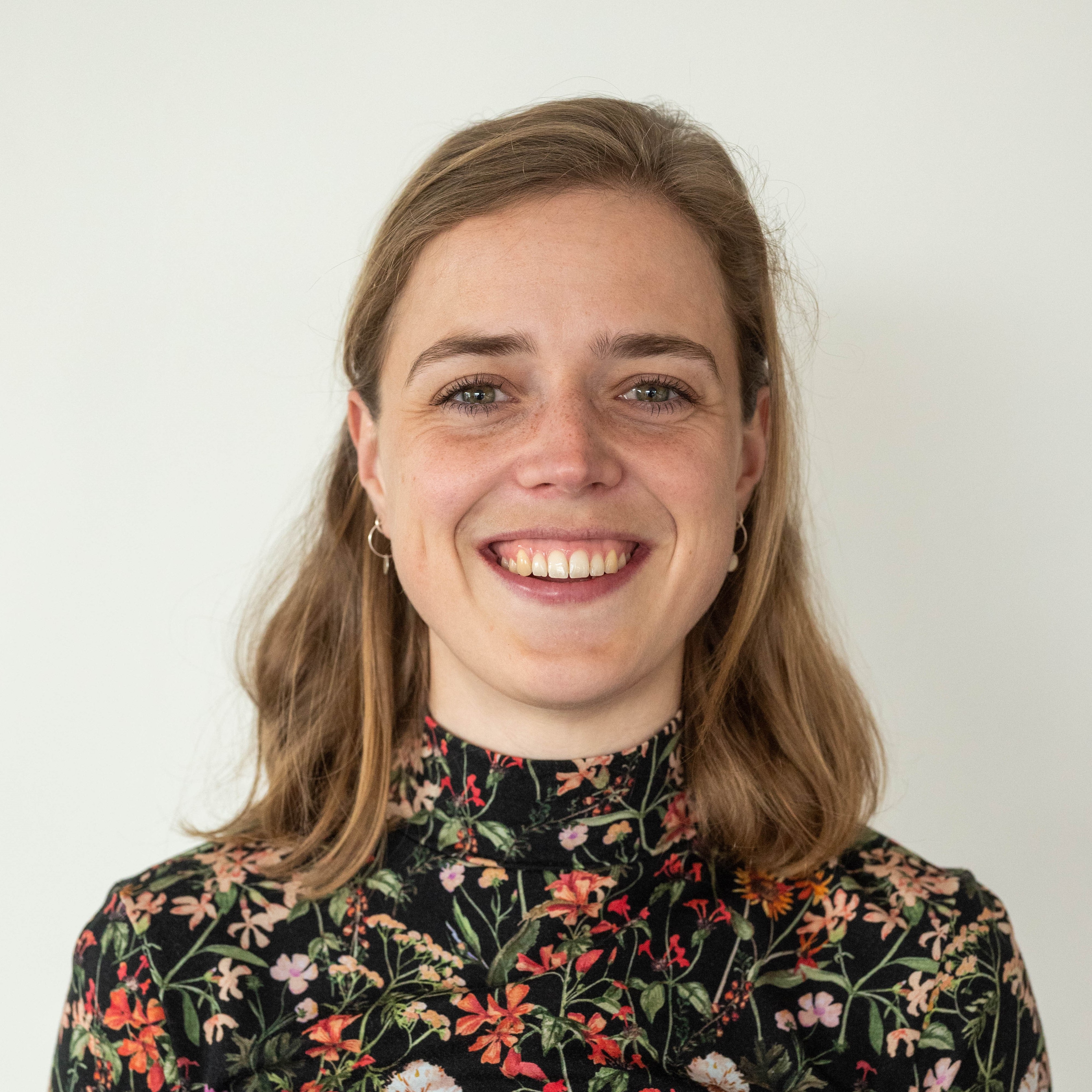

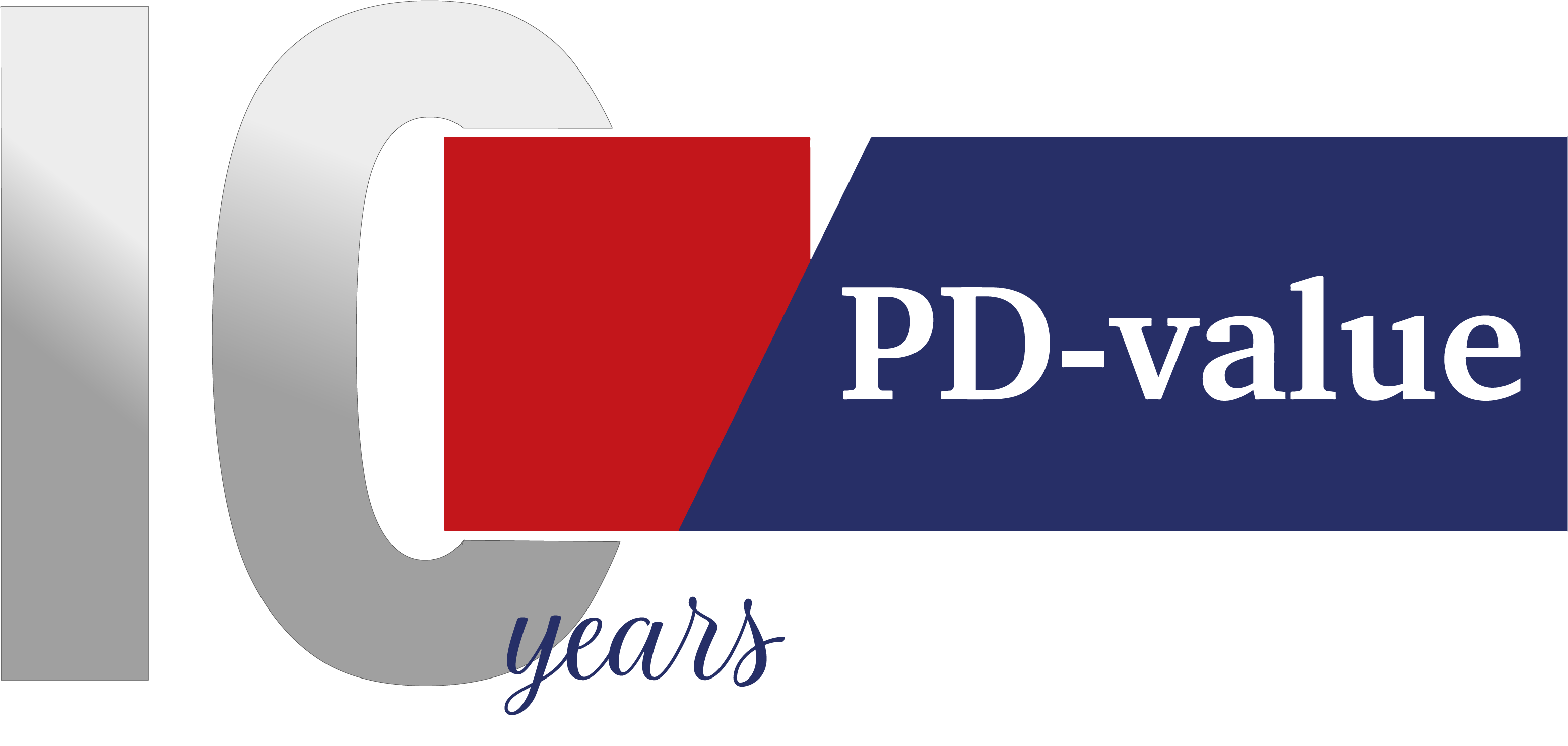
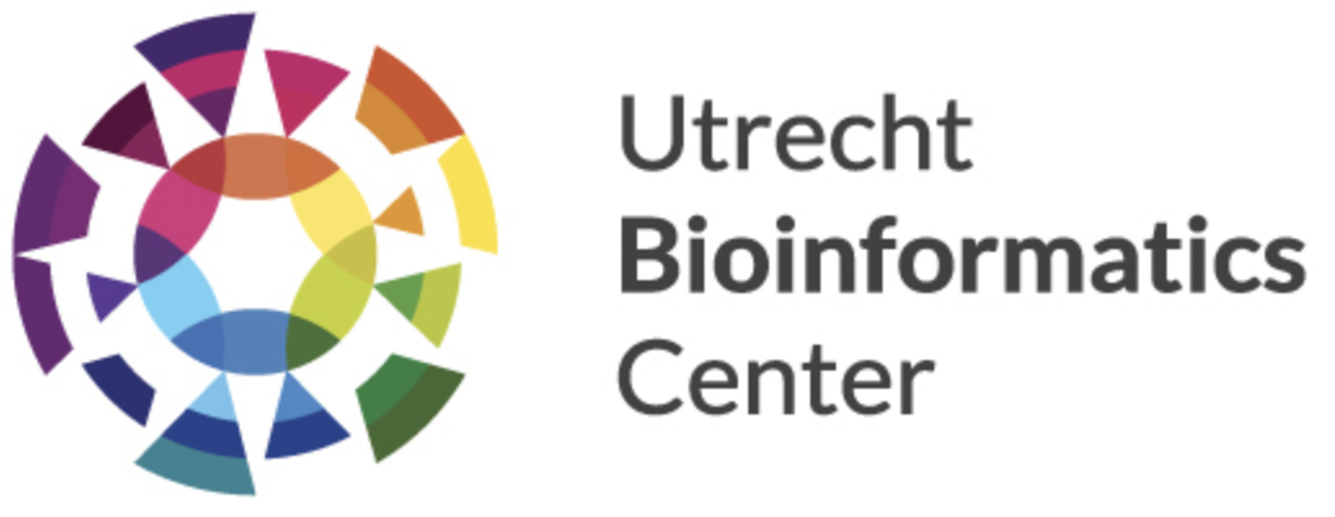

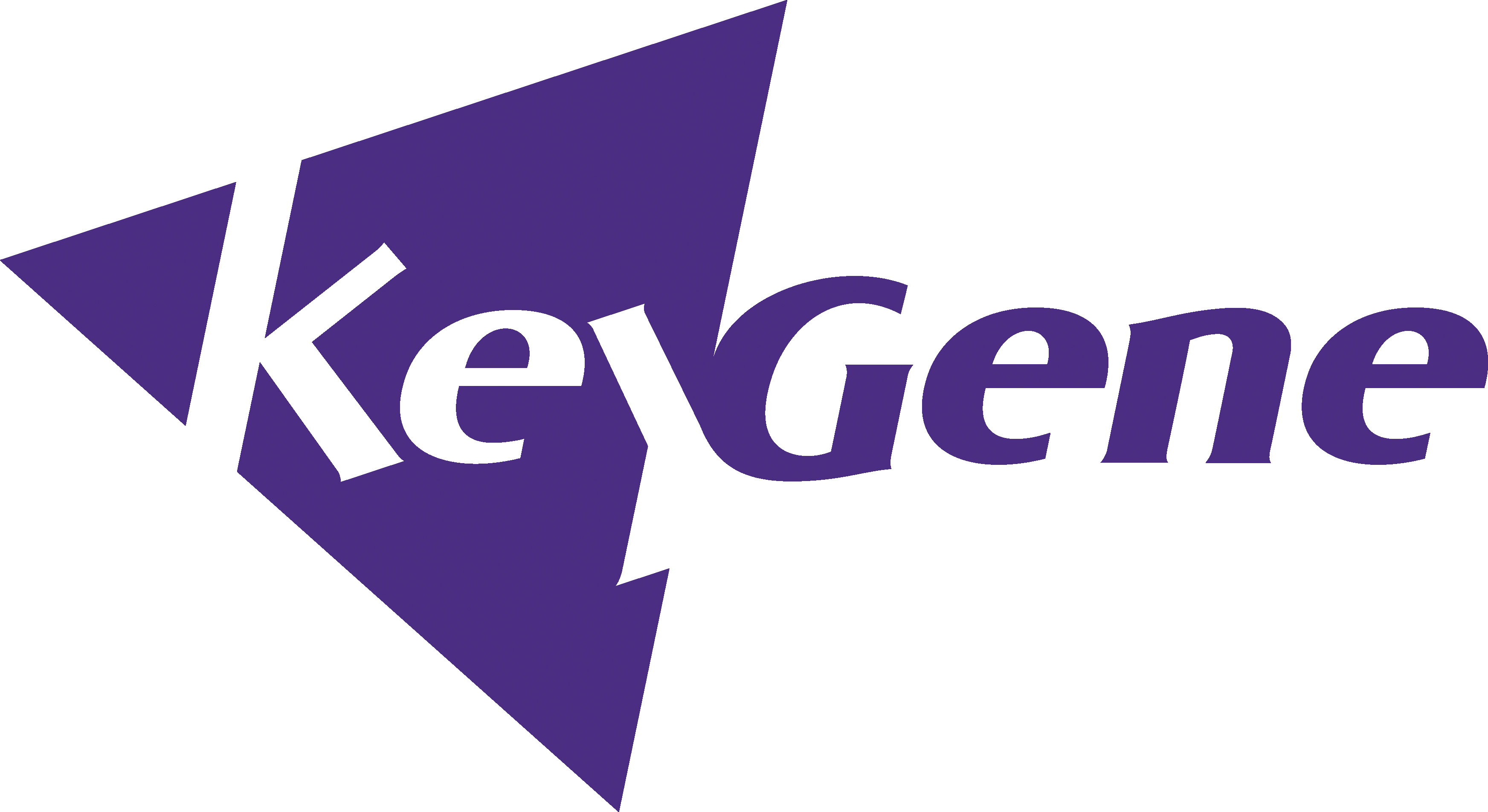
![Home [thermosphere.tudelft.nl] Home [thermosphere.tudelft.nl]](https://th.bing.com/th/id/R.5c284c9825122e1b56ee032a41ebb68b?rik=oOVz4J%2bgHQp5%2bQ&riu=http%3a%2f%2fthermosphere.tudelft.nl%2fassets%2fimages%2fnwo-logo-rgb-300x300.png&ehk=%2f8rcUAMXMUeqTNnTbyzzgYCMN6Za8VdLAvwxsDVOVzY%3d&risl=&pid=ImgRaw&r=0)
